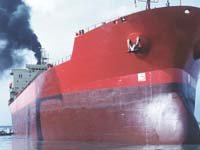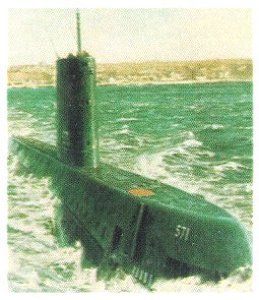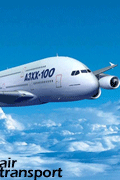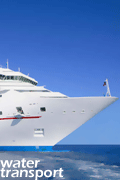posted by transport blogs
@ 2:59 AM
permanent link |
|

posted by transport blogs
@ 10:47 AM
permanent link |
|

posted by transport blogs
@ 8:34 AM
permanent link |
|

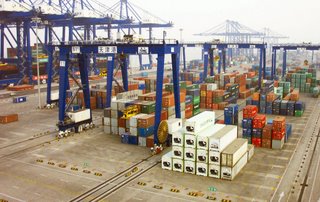
The world's largest
cargo port company "
Hebei Port Group" was established on Wednesday in north china's hebei province in terms of throughput.
This group is combination of
Caofeidian, Huangye and
Qinhuangdao ports in Hebai. The Vice Minister of Transport of china Xu Zuyuan said that the throughput of these ports reached 281 million tons in 2008, which is the largest volume in the world.
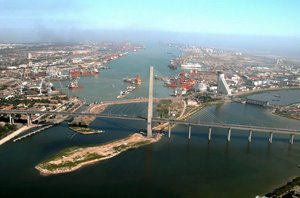
The Hebei Port Groups has 17,000 employees with $2.6 billion worth of assets and coordinated by the provincial government. The main objective this group is to optimize the teamwork between the ports and to improve the competitiveness of the
water transport industry in Hebei.
Labels: Cargo, Hebei Port Group, Water Transportation















The Environmental Protection Agency (EPA) on 1st July 2009 proposed new policy on smokestack pollution from ships, challenging lower-sulfur fuel and more proficient engines from the maritime industry.
The regulations, which could go into action in 2012, expected to reduce sulfur in marine fuel by 96% and cut particulate emissions from smokestacks by 85% and smog-causing nitrogen oxide by 80%.
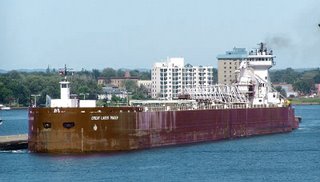
The
water transportation is usually considered to have less environmental impact than land transportation since less fuel is required to carry the same freight by water than on ground, larger passenger and freight ships are considered as a major resource of global air pollution. That's because they burn dirtier, high-sulfur fuel. Trucks & other
road-way transport vehicles would be burning a much cleaner diesel fuel.
The regulation would stop the sales and production of the marine fuel oil above 1,000 parts/million sulfur for use on all U.S. water transport. This would reduce sulfur content for about 1.5% of fuel now to about 0.1%, which could go into effect in 2012.
While the primary objective of this new regulation is
oceangoing freighters, the plan also affects Great Lakes traffic.
Most big freighters now burn No. 6 oil, also called bunker fuel, which is heavier and dirtier than diesel fuel.
This new engine plan would apply only to the U.S. ships. But Obama's administration and environmental groups expected to extend this rule to all foreign ships as well. They want the
International Maritime Organization to support a 200-mile clean-air zone around the Canada and U.S., applying to all ships.
Labels: Environmental Protection Agency, G, Water Transportation















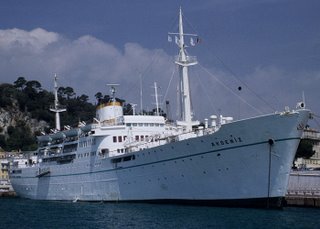
The Consumer Price Index for All Urban Consumers (CPI-U) increased 0.3 percent in May before seasonal adjustment, the Bureau of Labor Statistics of the U.S. Department of Labor reported today. Over the last 12 months the index has fallen 1.3 percent. This is the largest decline since April 1950 and is due mainly to a 27.3 percent decline in the energy index.
On a seasonally adjusted basis, the CPI-U increased 0.1 percent in May after being unchanged in April. The index for energy, which had declined the previous two months, rose 0.2 percent in May as an increase in the gasoline index more than offset declines in other energy indexes. The food index decreased for the fourth consecutive month, falling 0.2 percent as the indexes for all major grocery store food groups declined.
The index for all items less food and energy rose 0.1 percent in May following a 0.3 percent increase in April. The smaller increase was partly due to the tobacco and smoking products index, which turned down in May after rising sharply in March and April. In May, the indexes for shelter, new and used motor vehicles, and medical care posted increases, while the public transportation index fell 1.0 percent and the indexes for apparel and tobacco declined slightly. The index for all items less food and energy has increased 1.8 percent over the last 12 months.















![]()
![]()




